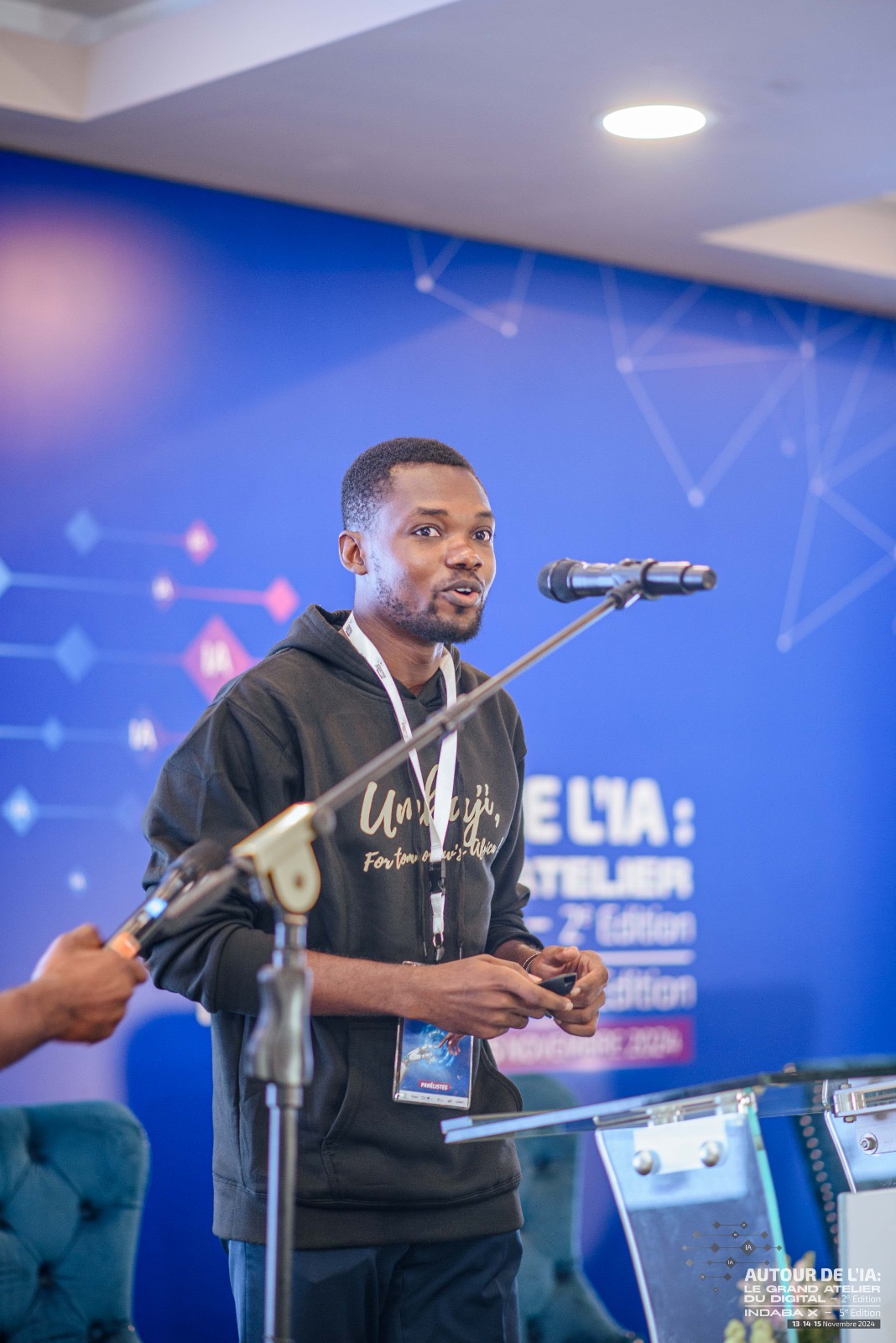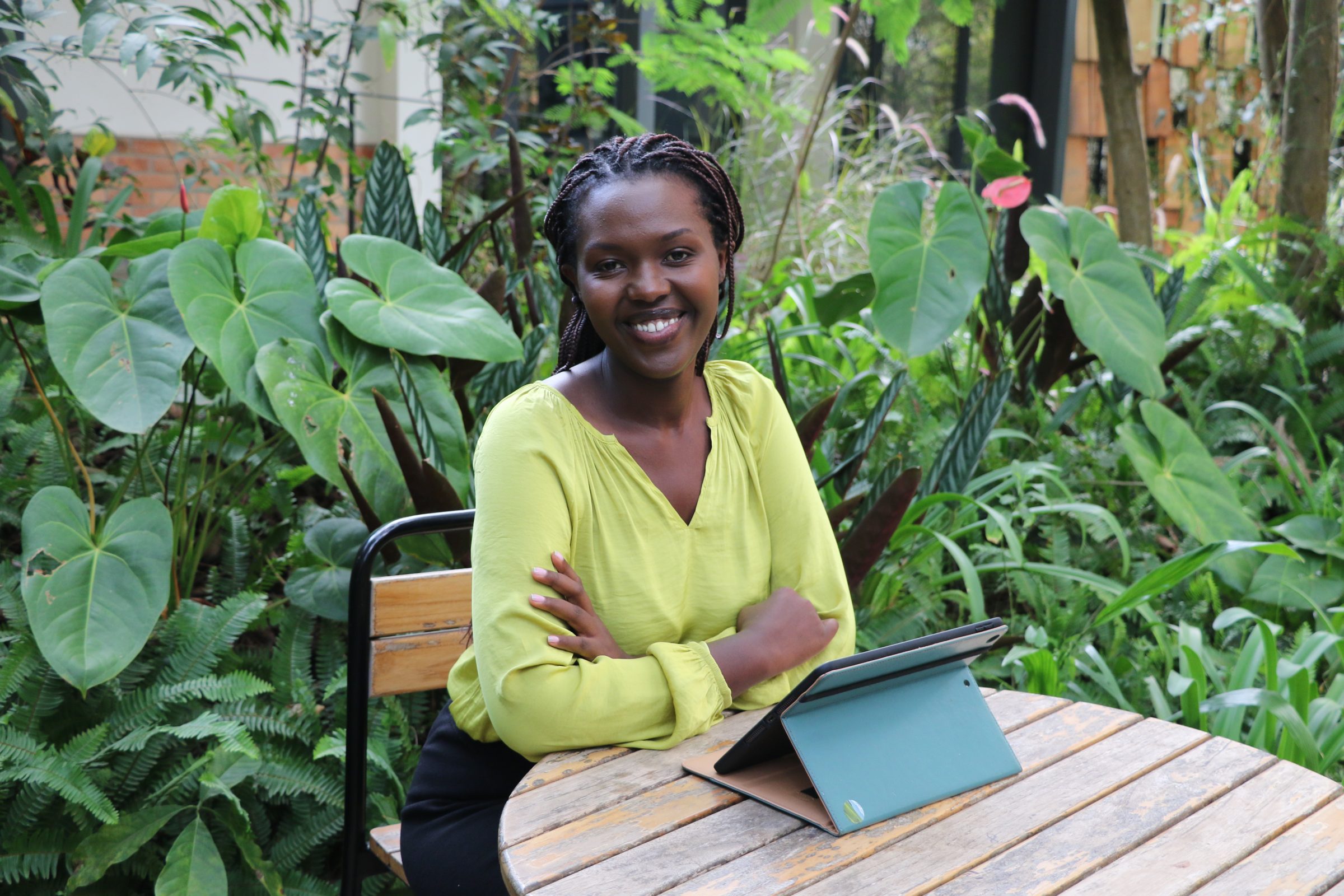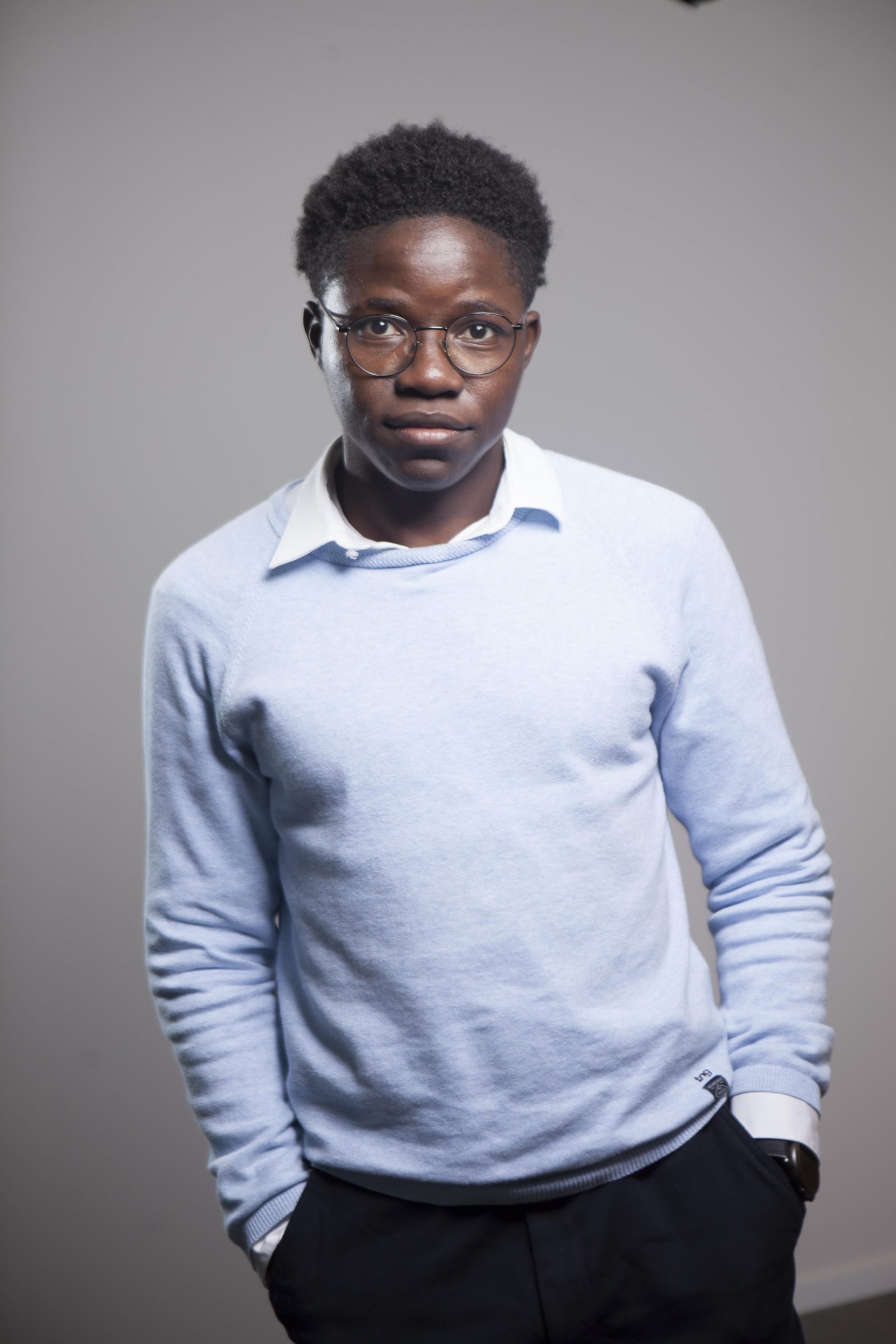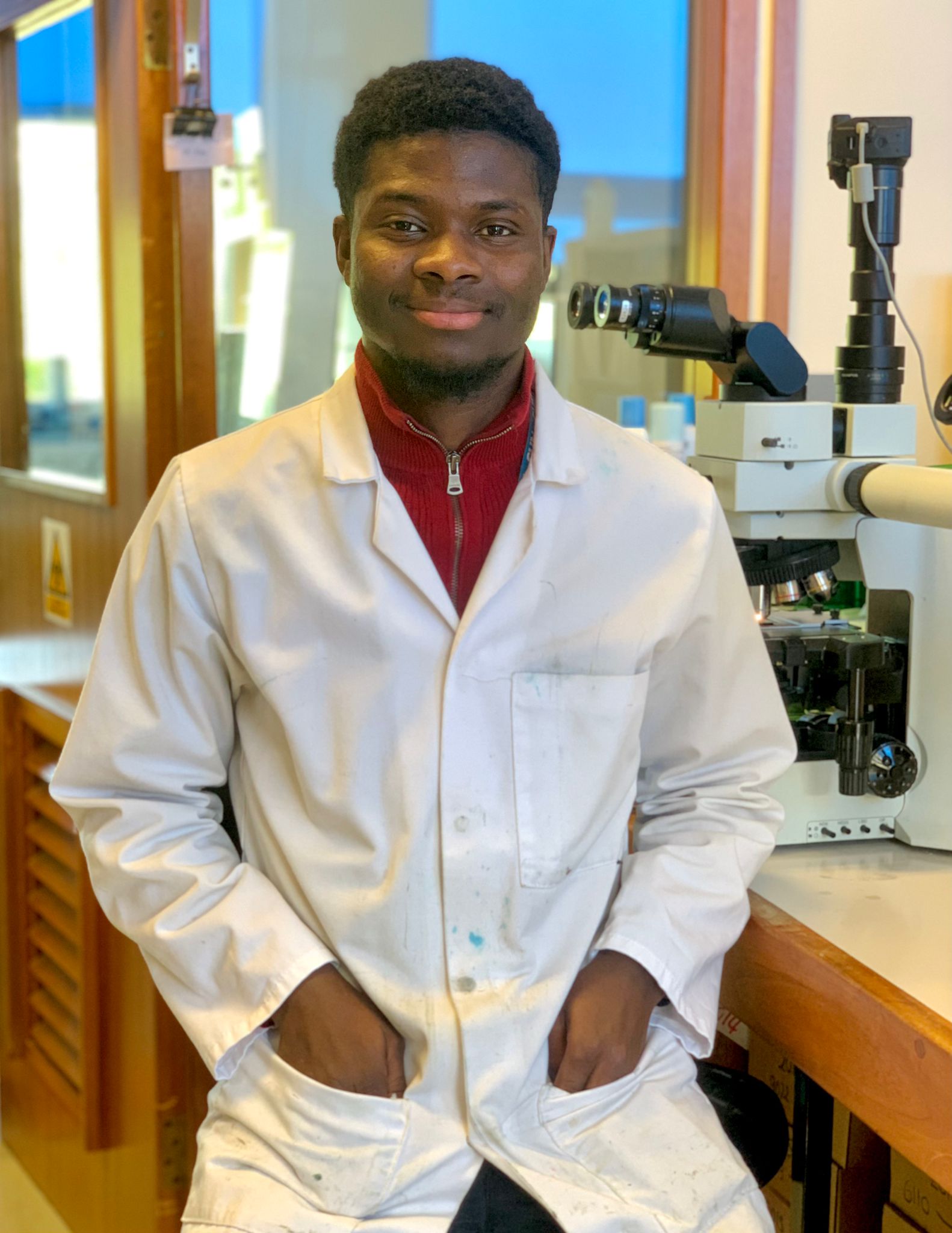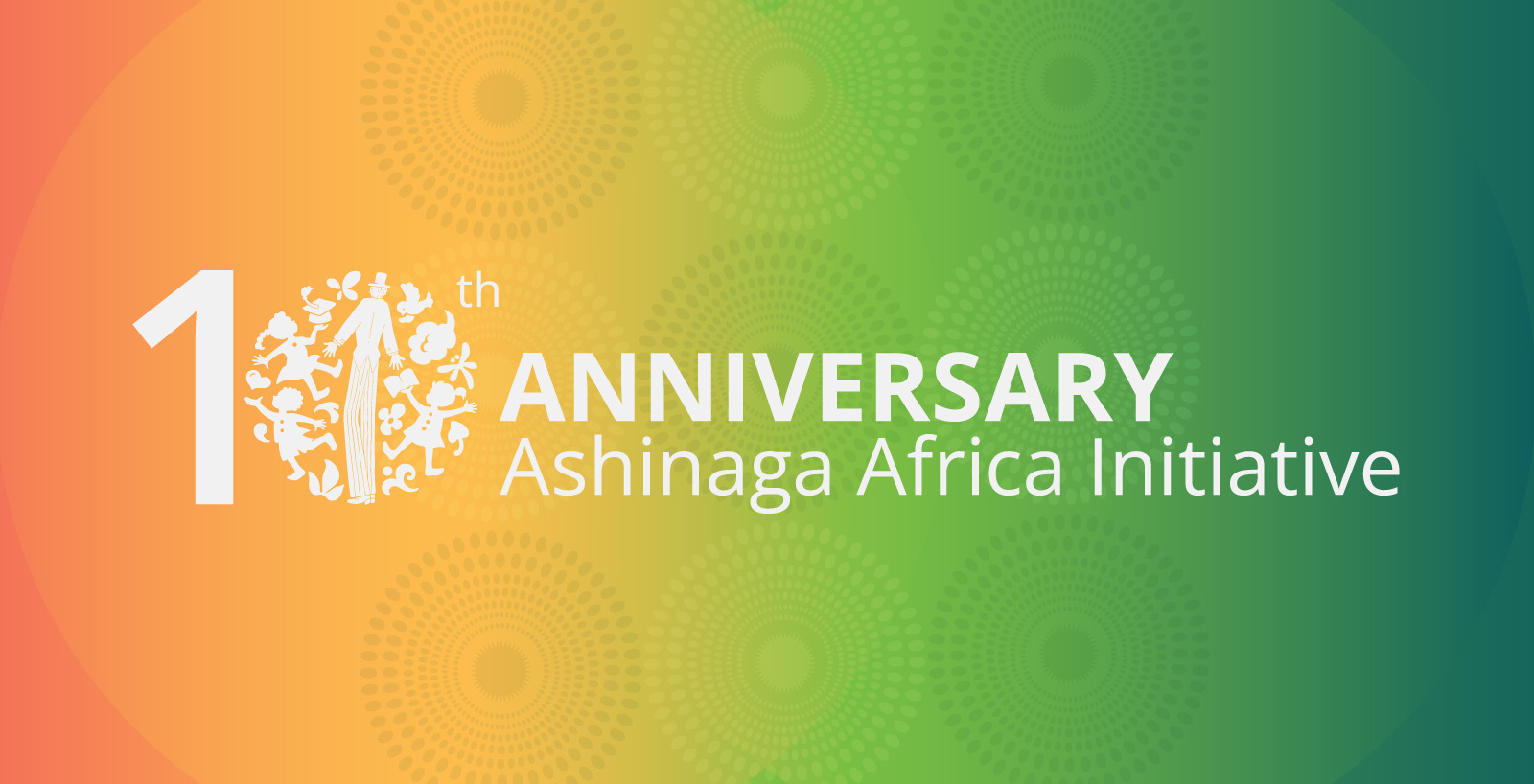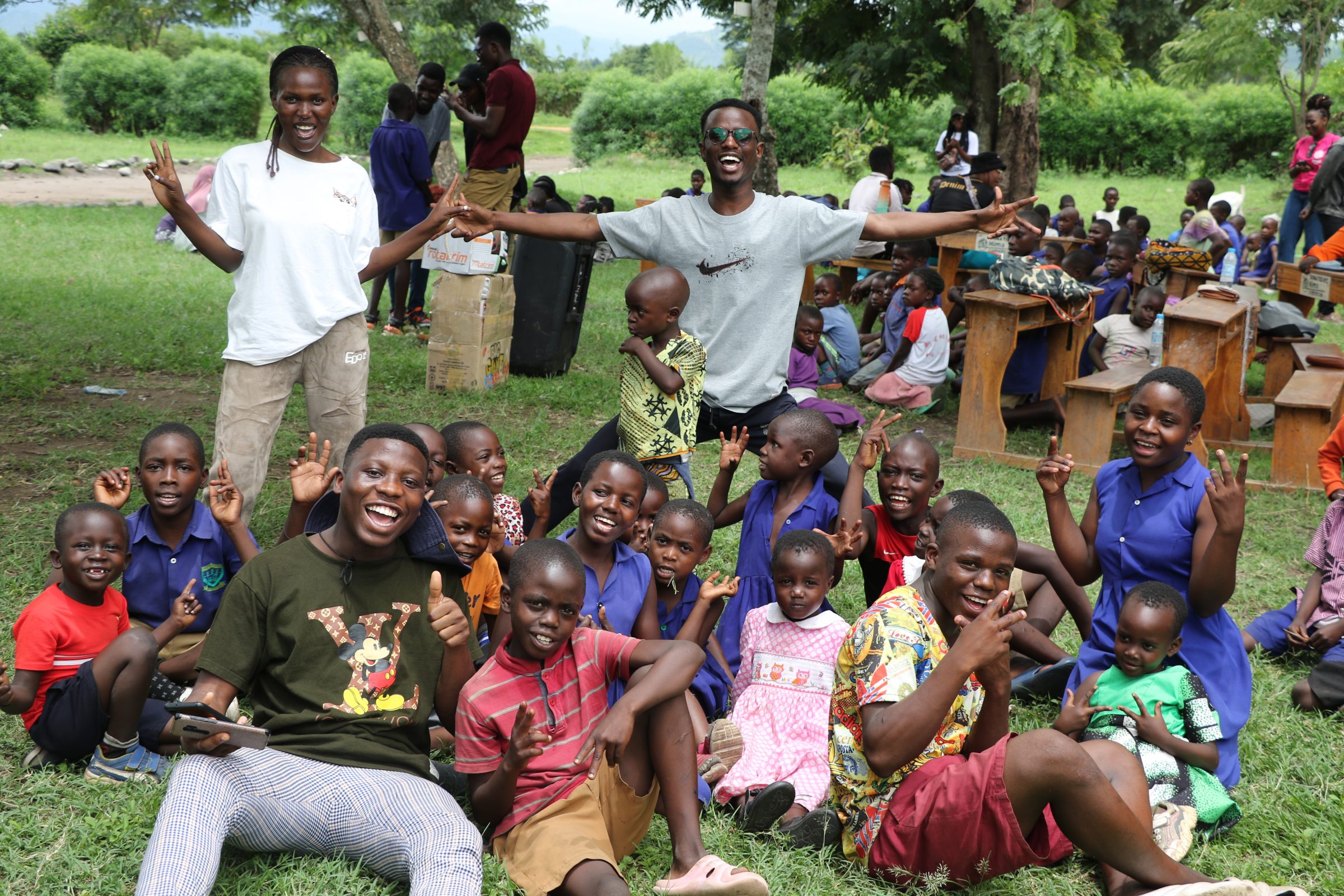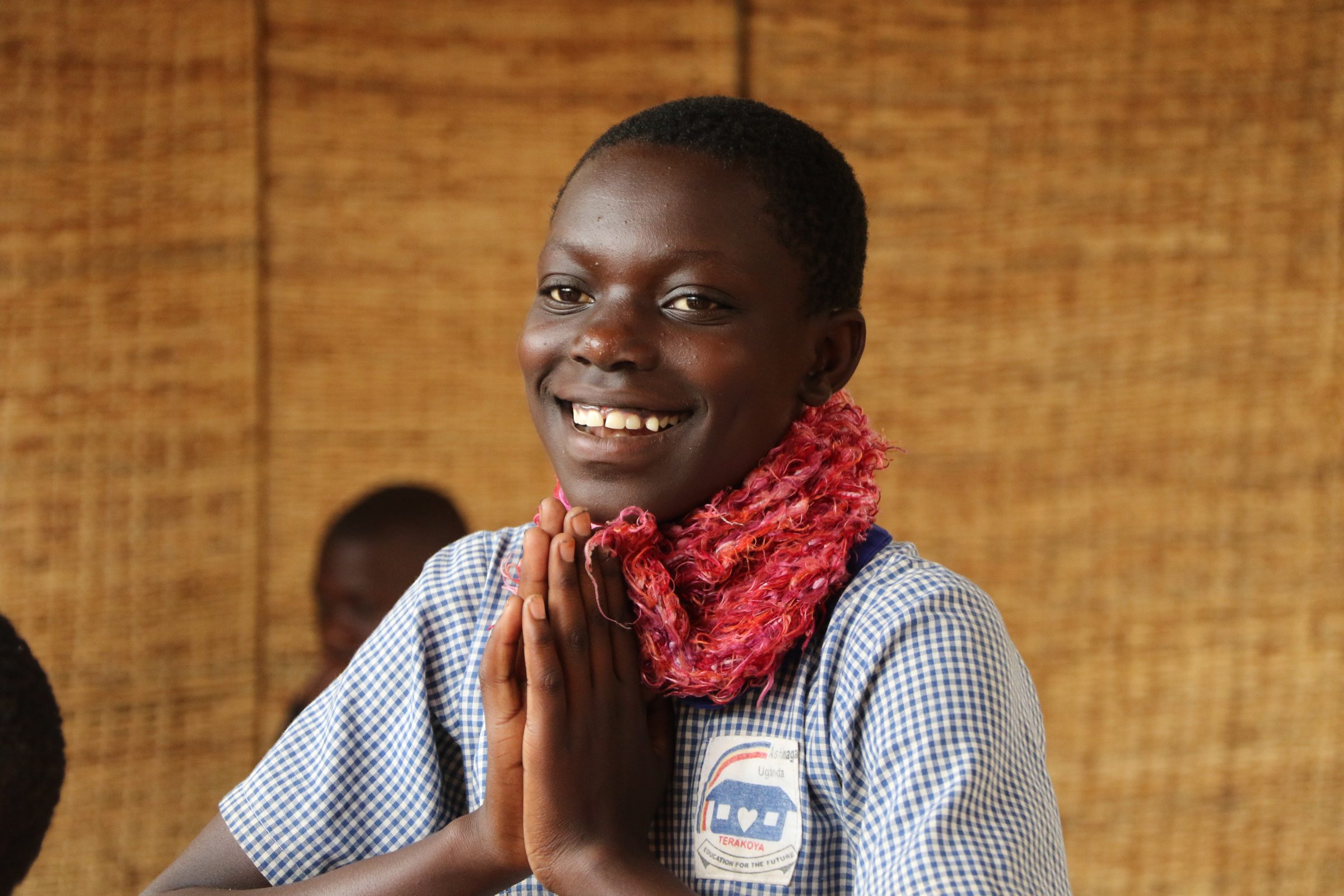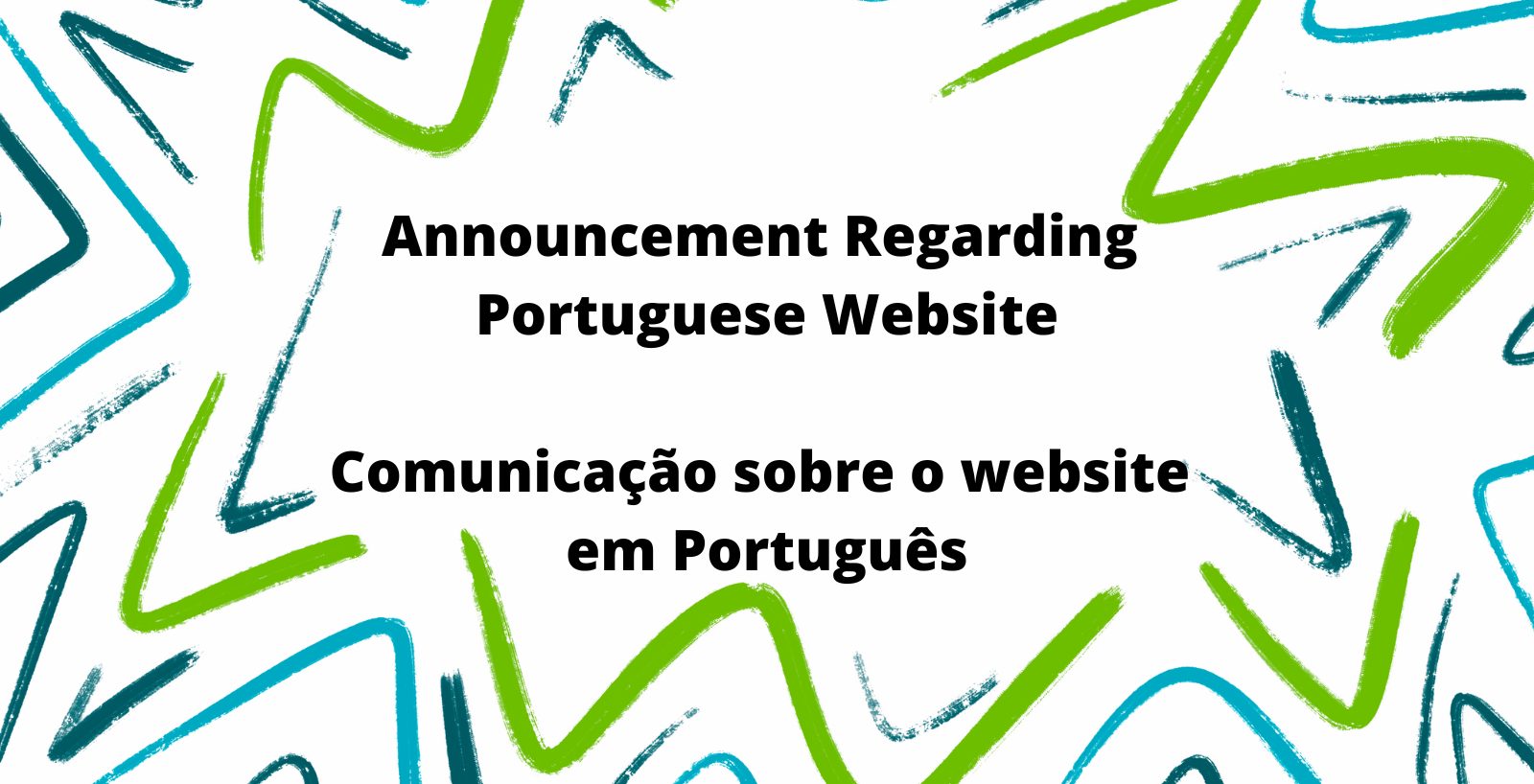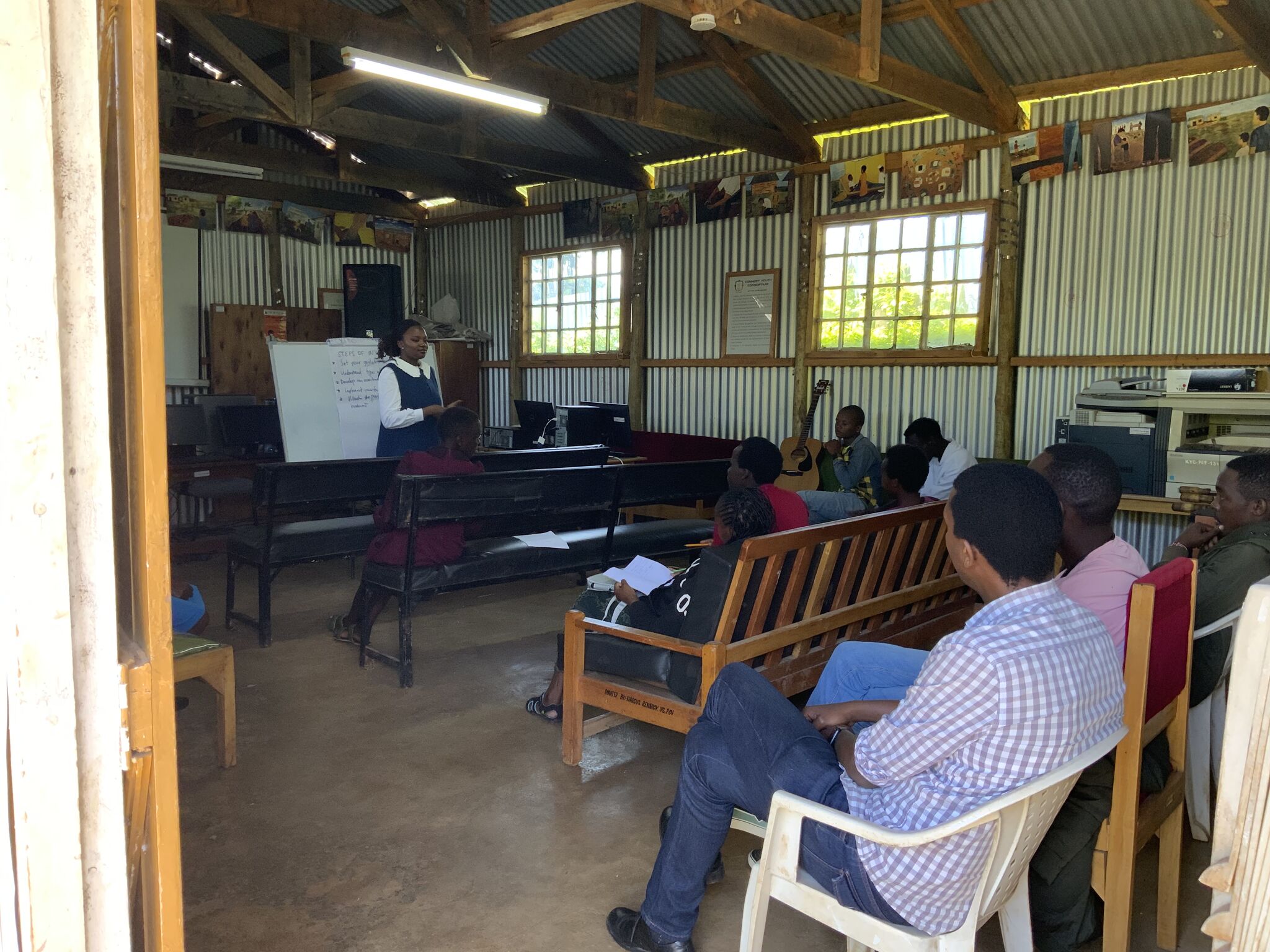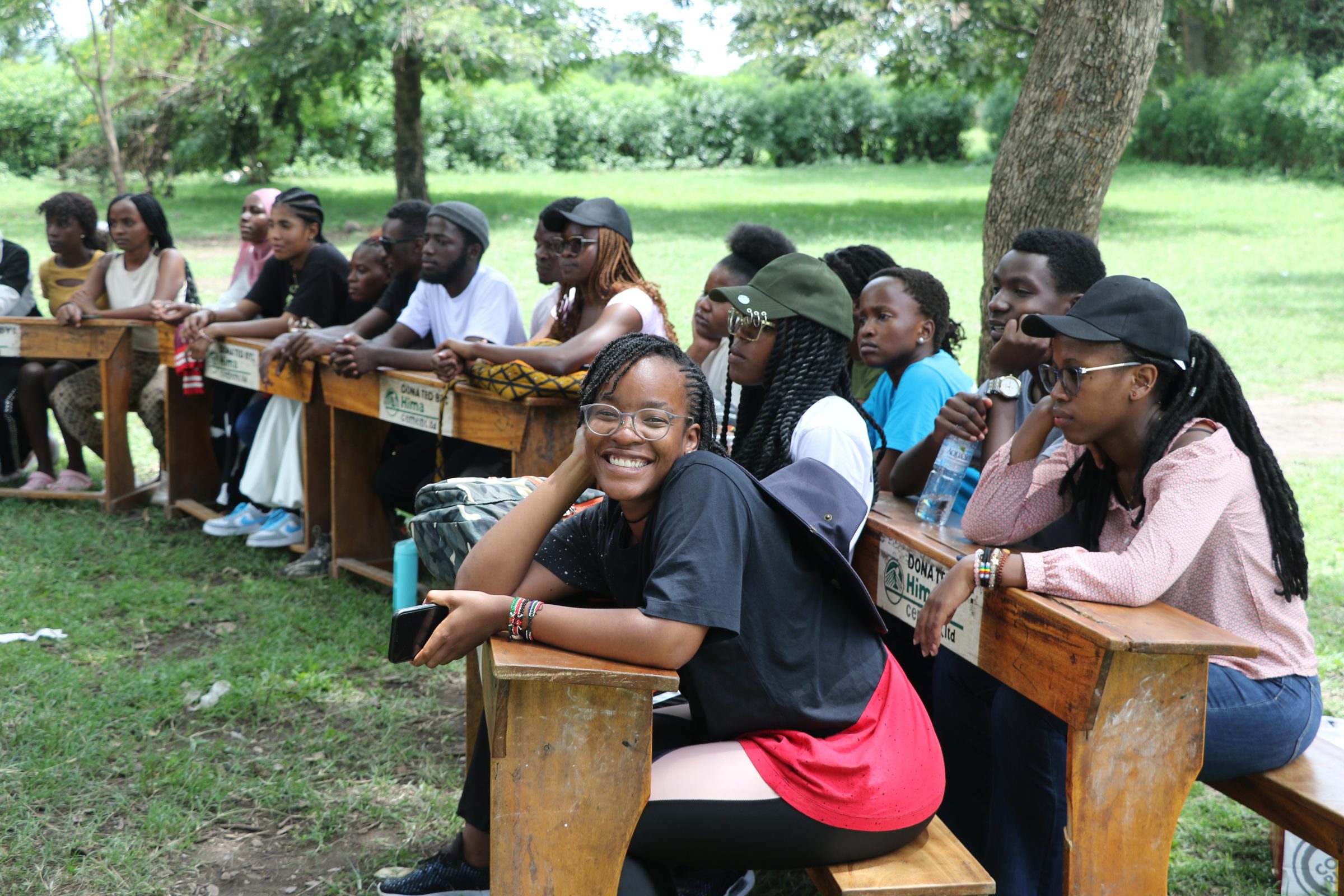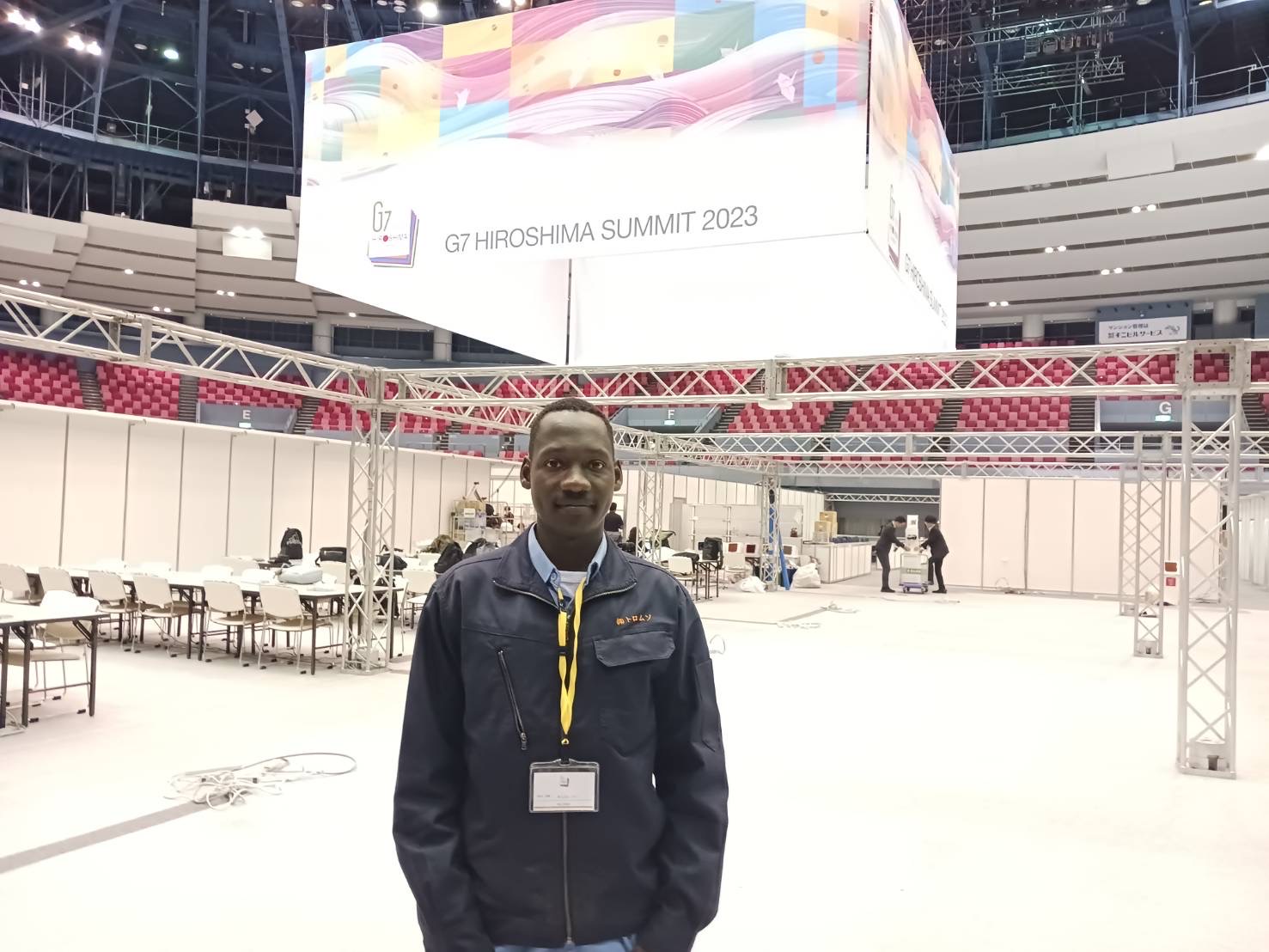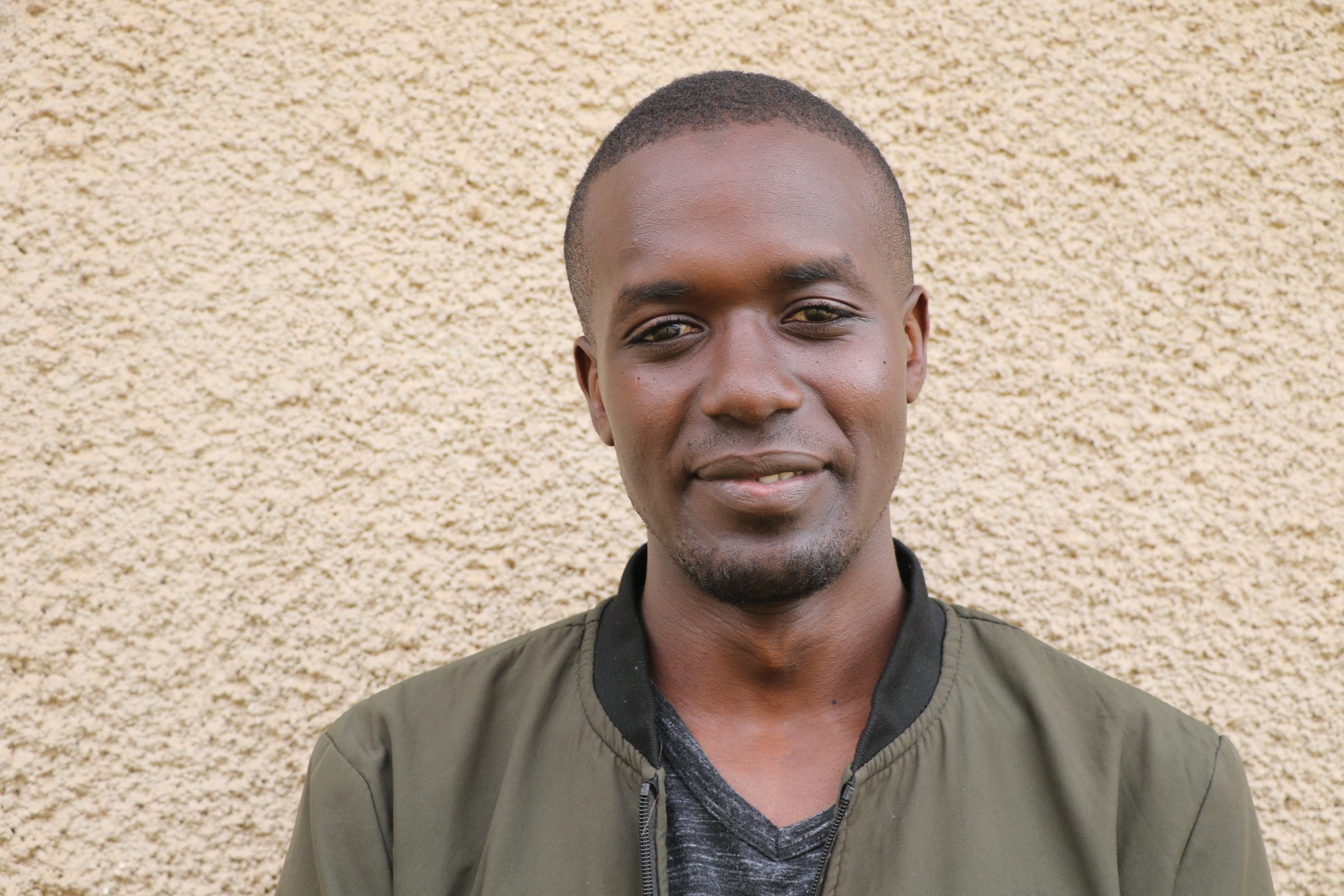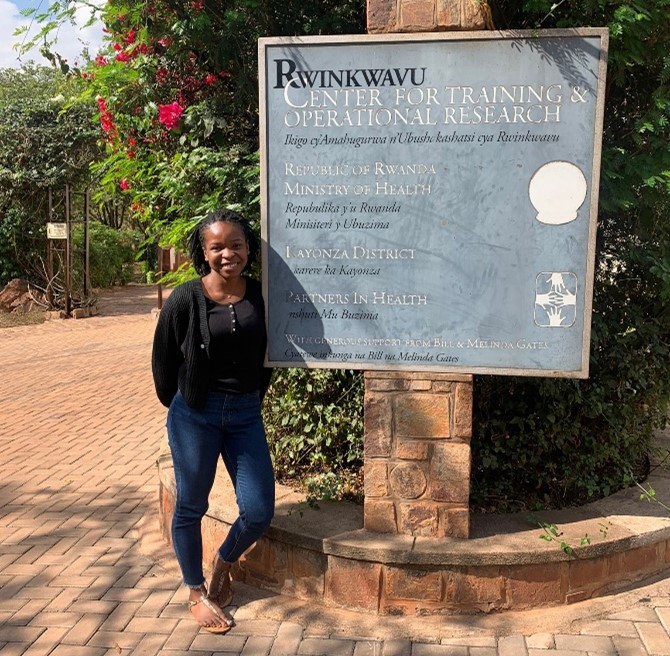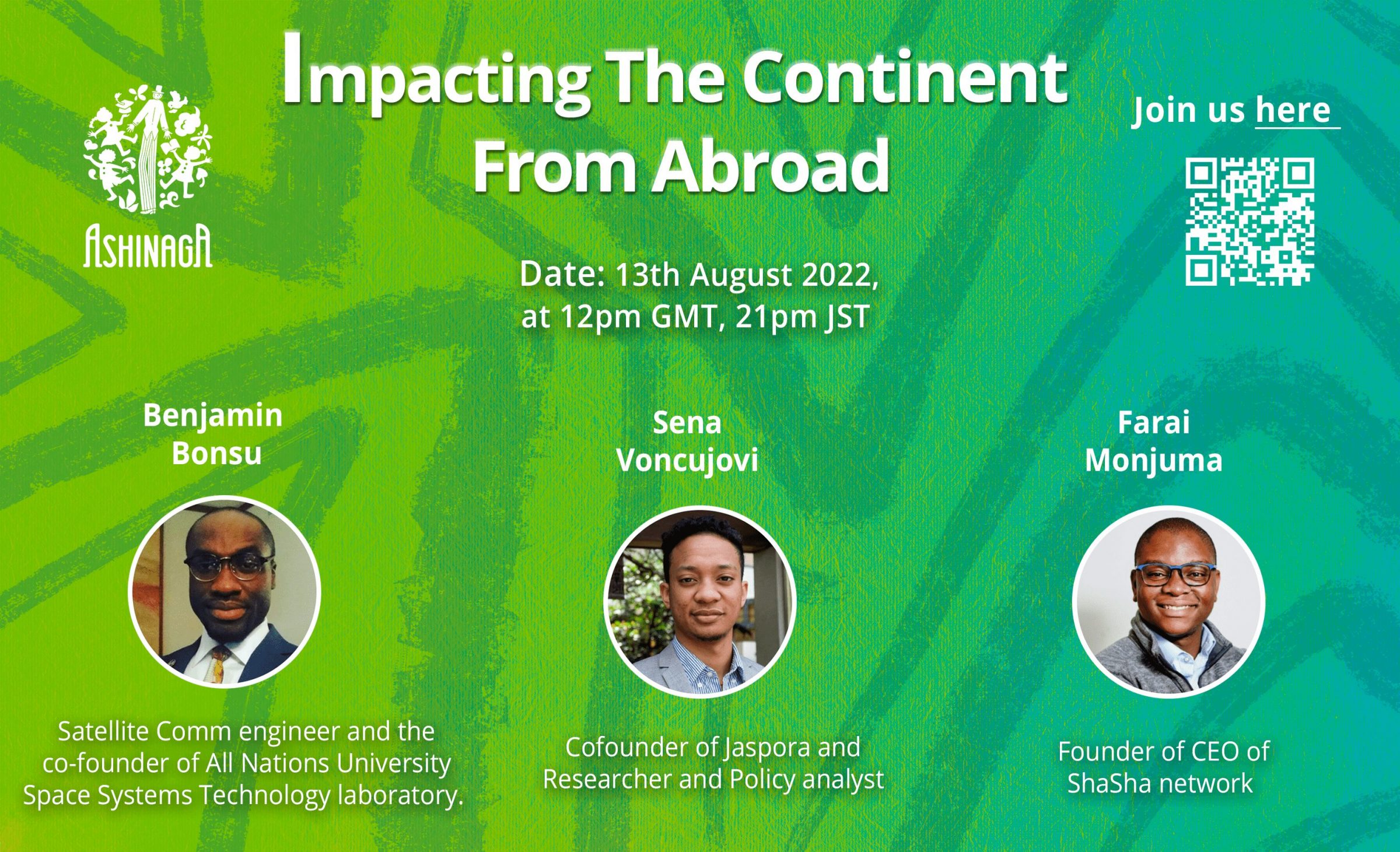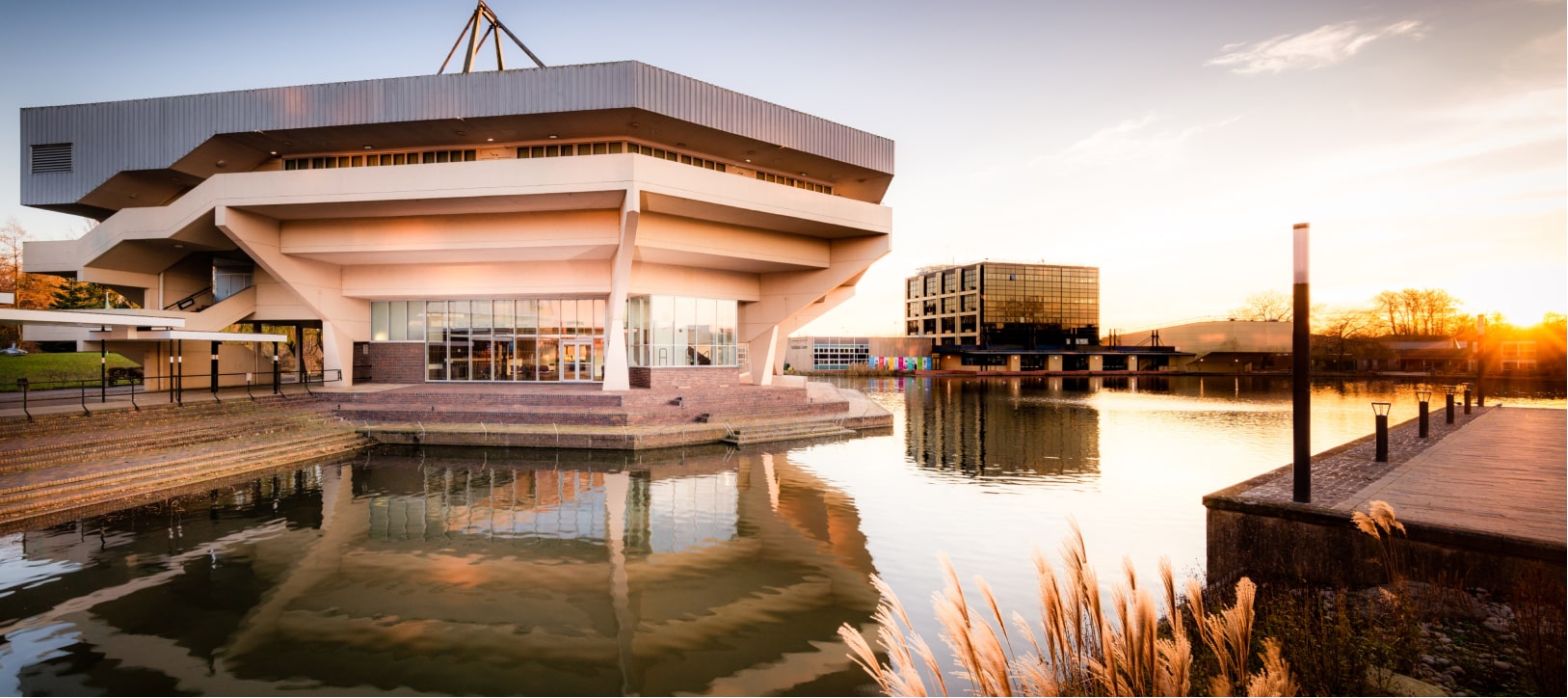AAI Graduate on Local Language Preservation Through AI
Justin, an Ashinaga Africa Initiative (AAI) Alumni, is at the forefront of African innovation. Born and raised in Togo, Justin’s journey has been shaped by his passion for finding practical ways to use technology that directly benefits his community. Through his experiences with Ashinaga, Justin gained valuable leadership opportunities that helped him turn his ideas into a successful entrepreneurial venture.
“I had many leadership opportunities, mainly from the AAI leadership program. I went abroad to France to study and started a startup about a year ago,” Justin shares. His startup uses artificial intelligence (AI) and robotics to preserve local languages and develop tools to make a difference in people’s lives.
Justin’s vision for technology in Africa was shaped by his experiences, including a trip to Uganda and his time studying in France. Reflecting on the visit to Uganda, he recalls, “I asked a factory owner how much it cost to build the machines, and he said millions of dollars. I believed that machines and robots were costly and that technology development in Africa wouldn’t happen for many years. But when I got to university, I realized there are affordable solutions.” This realization sparked a shift in his mindset. He began to believe that Africa could catch up in AI and robotics much sooner than expected. “That strengthened my belief that it’s possible to build something right now in Africa using AI and robotics.”
In 2022, Justin made a significant breakthrough by becoming the first person to implement a speech recognition model for the Ewe language, a widely spoken language in West Africa. He explains, “It’s vital that our local languages become digitized because this would mean that the majority of the population could have access to quality education, healthcare, and administrative services in their language.” He aims to make AI accessible to millions of people in West Africa. “My aim in a five-year timeframe is that we’ll have expanded beyond Togo and into other West African countries. We want to provide speech recognition and services for around 15 million people, especially helping those in rural areas access services via our AI model.”
Justin’s work has gained notable recognition. His innovations have earned him awards, and he was recently featured in a video on Afrique 24, a prominent pan-African news channel known for showcasing impactful stories across the continent. The feature highlights Justin’s mission to make technology accessible and transformative for African communities.
But Justin’s work with AI goes beyond language preservation. He recognizes the potential for AI to tackle broader challenges across Africa, particularly in sectors like education, healthcare, and agriculture. One of his key motivations is improving access to clean water in rural African communities. “Water is a basic necessity, especially in rural areas in Africa, where many people have to walk long distances just to access it. Our project aims to solve a universal problem – providing clean and affordable water services for everyone,” Justin explains.
His work continues further. He also sees AI transforming the agricultural sector by empowering farmers with the information they need to make better decisions. “We envision that tomorrow, a farmer will have access to an app in his local language, which will help him make better choices about fertilizers, crop planning, and ultimately improve productivity.”
As part of his long-term vision, Justin wants to see AI models evolve to do more than just process language. “We’re improving our model and making it multimodal – an AI system that can do several things, not just understand speech but also generate visuals, reply to questions, and translate.” His goal is to ensure that the technology is adaptable to the needs of African communities, especially those without formal education. “People who don’t necessarily have formal education but understand their language and can conduct business still contribute to economic development. These issues led me to develop the prototype of the model.”
With his focus on African communities, Justin believes technology can bring social and economic growth. “The solutions we’re developing for Africa need to be robust because they will be deployed in environments with many challenges.” He emphasizes that this work is about innovation and creating impact. “If our project can contribute to reducing environmental issues, it means we are helping people feel safer daily.”
Justin has seized the opportunities and embraced the favorable conditions that Togo has provided for his venture’s growth. “Right now is the best moment for tech companies in Togo,” he explains. “The government is making significant efforts to improve digital services and infrastructure, and they’ve built a data center to encourage companies like mine.” With the combination of government support and the expanding reach of the internet, Togo offers a promising landscape for tech-driven solutions. “We now know that more than 40 to 50 percent of the population has access to a mobile phone, which means many people can access mobile and digital services,” Justin adds.
Justin’s journey would not have been possible without the support of his network of fellow AAI Scholars. His peers have been an integral part of his success. “We became a family,” he says. His fellow AAI Scholars supported him by contributing to a crowdfunding campaign to buy the first robots delivered to Togo. “Some of them contributed directly to our fundraiser, which made it possible to take the first steps in bringing this project to life. I will always be grateful for that,” he adds.
Looking back on his journey, Justin encourages other AAI Scholars and Graduates to take action, even if they don’t have all the answers. “Don’t hesitate to test out your ideas. I started this mission by leveraging the skills I had at the time, even if they weren’t perfect. Passion and pragmatism are key to creating something that can make an impact.”
Those inspired by Justin’s story can support his work by visiting his page where options to donate, volunteer, partner, or join his team are readily available. Every contribution helps propel his mission to use AI and robotics for transformative change in African communities.
Justin’s work continues to grow, grounded in the idea that technology should serve people’s real needs. His path forward is one of building solutions that reflect the potential he sees in African communities.
